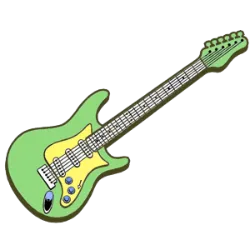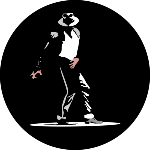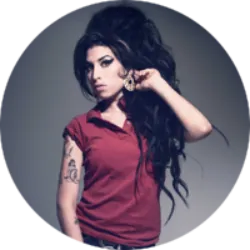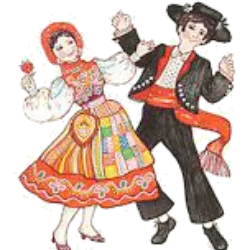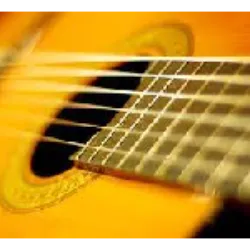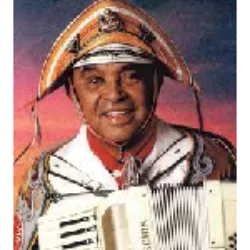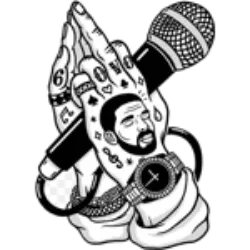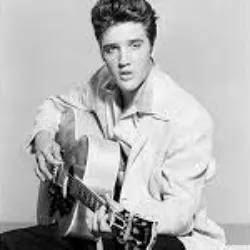In the 1950s, rock began to gain ground in Brazil
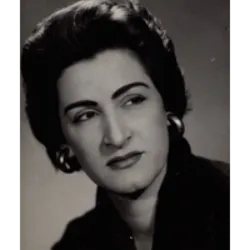
In the 1950s, rock began to gain ground in Brazil, influencing artists such as Tim Maia, Roberto Carlos and Jorge Ben. Nora Ney was one of the first to record Brazilian rock in 1955. There were versions of American songs and the emergence of local idols such as brothers Tony and Celly Campelo. The period also saw the emergence of radio and TV programs dedicated to rock. By the end of the decade, Brazilian instrumental and vocal rock was already established, despite challenges such as the cancellation of the "Clube do Rock" program in the USA and problems faced by some rock icons.
In the 1960s, Brazil saw the emergence of several musical movements
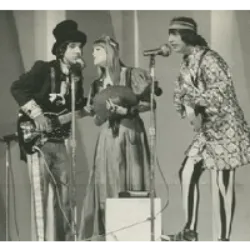
In the 1960s, Brazil saw the emergence of several musical movements. Roberto Carlos stood out as an icon of Brazilian rock with hits like "Splish Splash". Jovem Guarda dominated the scene, but faced resistance from MPB. Tropicália brought a unique mix of Brazilian rhythms and psychedelic rock, with emphasis on Os Mutantes. Psychedelic rock bands also emerged in São Paulo. Additionally, there were forays into soul music and funk. The period was marked by the emergence of influential artists such as Raul Seixas, Gal Costa and Liverpool (later Bixo da Seda).
Test yourself with one of these challenges 👇
Discover some interesting facts about Brazilian rock
In the 70s, Brazil experienced a period of transformation in music
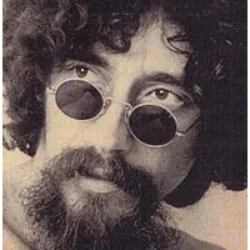
In the 70s, Brazil experienced a period of transformation in music, marked by the tightening of the military regime. Caetano Veloso and Gilberto Gil went into exile in London, where they recorded important albums. Rita Lee began her solo career, while Mutantes followed a trajectory until their dissolution in 1978. Important musical events emerged, such as the New Jerusalem Experimental Music Fair. Other bands and artists emerged in different parts of the country, such as Secos & Molhados, Raul Seixas and the punk movement. The end of the decade saw the emergence of groups that combined elements of MPB, Tropicalismo and Clube da Esquina, as well as the Punk Rock movement, which emerged as a critique of the military regime.
In the 1980s, Brazil witnessed the emergence of punk rock
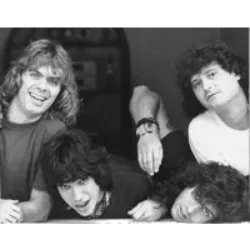
In the 1980s, Brazil witnessed the emergence of punk rock, driven by the first independent label, Punk Rock Discos, and events such as "O Começo do Fim do Mundo". The period was also marked by the popularization of rock, with independent bands and films by Lael Rodrigues. Important concert venues emerged, and bands like Blitz, Gang 90, Ira!, RPM and Ultraje a Rigor stood out. The São Paulo punk movement and Vanguarda Paulista left their marks. In the south, Engenheiros do Hawaii and Não de Nós achieved success, while in Minas Gerais Sepultura gained prominence in thrash metal. Rock in Rio in 1985 was a milestone in Brazilian music. The decade ended with the loss of Raul Seixas in 1989.
During the 90s
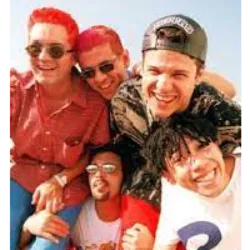
During the 90s, the band Dorsal Atlântica released "Searching for the Light", considered the first Brazilian concept album and a "Thrash Opera", inspired by the book "1984" by George Orwell. Festivals and record label support helped emerging bands. Side projects such as Os Britos, and bands such as Skank, Jota Quest and Pato Fu and new sounds emerged, such as the Manguebeat movement in Recife, led by Chico Science & Nação Zumbi, gained prominence, as well as the instrumental surf rock scene. Humor was highlighted by groups such as Raimundos and Mamonas Assassinas. Bands like Sepultura and Angra gained international recognition, while Cidade Negra, O Rappa and Charlie Brown Jr. represented new styles.
In the 2000s
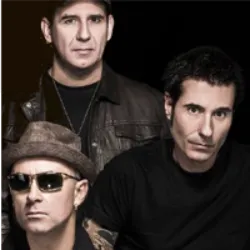
In the 2000s, Brazilian rock went through several significant changes and events. The Latin Grammy category was created for albums in Portuguese, won by Paralamas do Sucesso. New bands emerged, such as Nx Zero, and others underwent line-up changes, such as Raimundos and Charlie Brown Jr. Skank experimented with new styles before returning to their roots. Brazil also saw the beginning of international shows by punk bands, with emphasis on Attack Frontal. In the underground, bands such as Cachorro Grande, CPM 22 emerged, and Pitty gained media prominence. Los Hermanos released the album Ventura in 2003, which would be acclaimed as one of the best Brazilian albums. In heavy metal, bands like Shaman and Mindflow gained international recognition, while Angra underwent changes in its lineup. Minas Gerais was home to a prolific rock scene, with bands like Graveola and Lixo Polifônico.
The Brazilian alternative music scene saw the emergence of
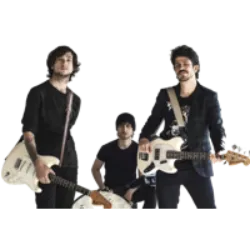
The Brazilian alternative music scene saw the emergence of several bands exploring a variety of styles, such as indie, stoner rock, MPB and psychedelia. Bands such as Vivendo do Ócio, Selvagens à Procura de Lei, Vespas Mandarinas, O Terno, Boogarins, Maglore, Far from Alaska, Apanhador Só, The Baggios, Dona Cislene, Marrero, Terno Rei and Ego Kill Talent gained prominence. Furthermore, there were artists revisiting the national rock repertoire of the 80s and the emergence of "colorful bands". The group Malta, winner of the Superstar program, had an ephemeral success, as did other bands revealed by the program, such as Suricato, Move Over, Supercombo, Scalene and Versalle. Despite the absence of rock in mainstream media and radio, the emergence of radio stations dedicated to the genre, such as 89 FM Rádio Rock, in São Paulo, helped keep the rock scene alive.
Test yourself with one of these challenges 👇
HOME
